Reducing single use plastic, re-cycling more and buying products that are kinder to the environment is something many of us clearly want to achieve. We are fortunate in that the Village Stores has an ever increasing range of eco-friendly products. Washing liquids for example that use natural ingredients and come in recyclable bottles that are also made entirely from recycled plastic. As well as eco-friendly household products, they also stock a big selection of organic foods, many sourced locally.
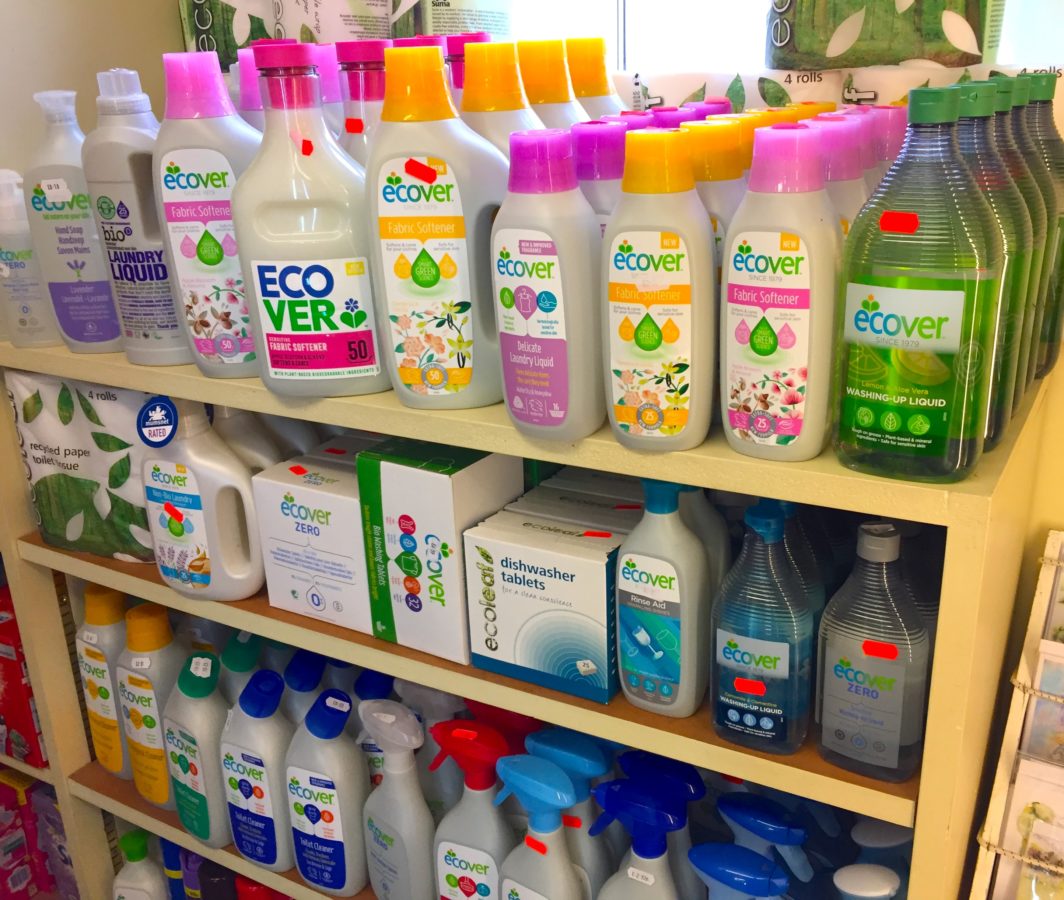
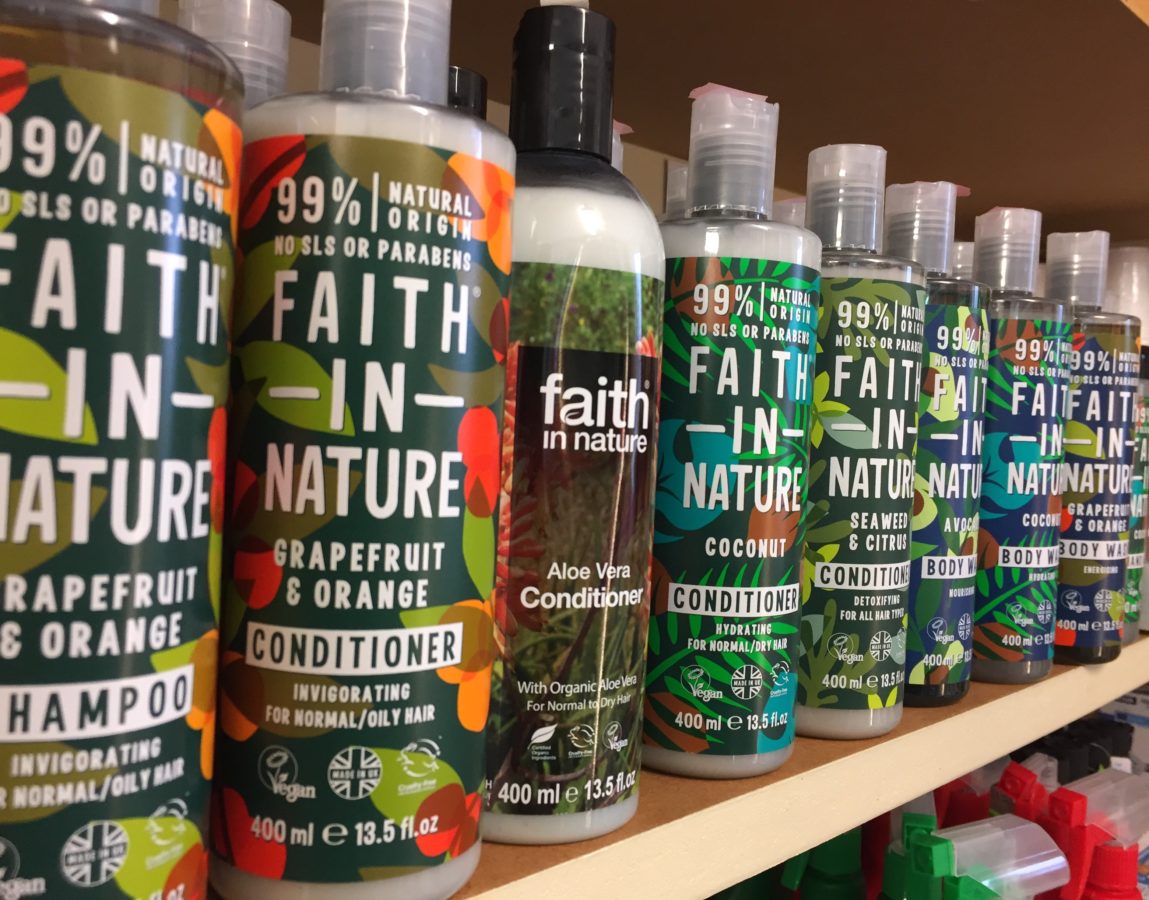
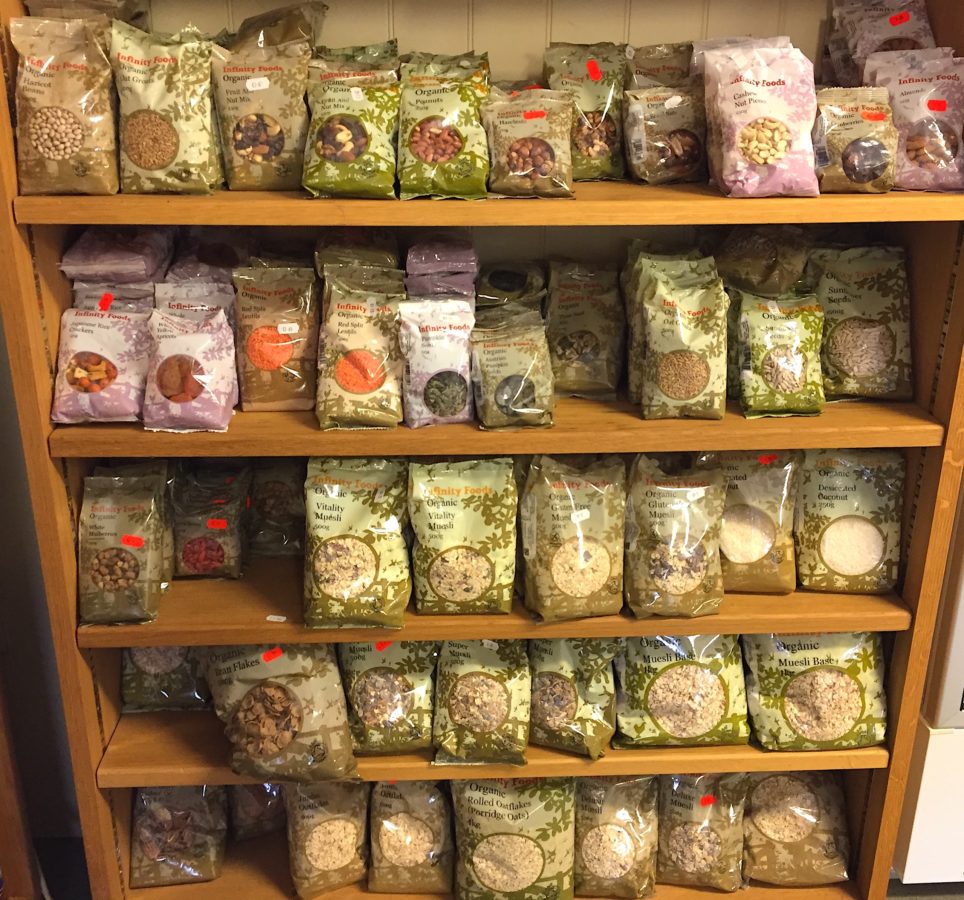
Finding products that don’t involve single-plastic is not always easy. Judith Hemsley’s regular ‘Wise Words’ articles, in the Warbleton Parish Magazine, provide some great ideas for avoiding plastic. Judith is a mine of useful information on the subject and we recommend that you look out for her advice in each new edition of the Parish Magazine. We will include a link, to the latest online version of the magazine, at the bottom of this page.
And understanding which products are fully recyclable is often difficult. Labels and logos on products can often confuse, and in some case seem almost designed to mislead. For example, one of the most common mistakes is to believe that this logo indicates that something can be recycled:

When in fact all it denotes is that for the packaging involved “a financial contribution has been paid to a qualified national packaging recovery organisation.” We find it very disingenuous that products such as drinks cartons, which are sold by the million around the world, often carry this logo and in doing so may be confuisng the public into thinking the cartons are recycleable when they are not.
The more reliable symbols to look out for are generally along these lines:
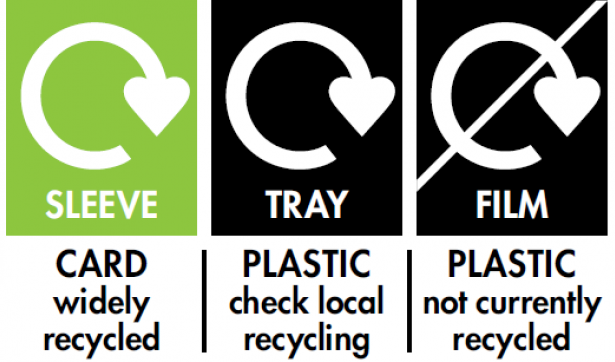
Wealden District Council, that is responsible for our household recycling, does its best to provide up to date information about what can, and cannot yet, be recycled. On the Council website you can find lists of recyclable materials – a list that is constantly changing as recycling technology improves. For example, many plastic films can now be recycled.
But sometimes, even though the packaging is labelled as recyclable, the contents can contain plastic where we least expect it.
Which brings us back to sun-dried tea bags. For years we all got used to putting teabags in the compost, only to discover that many brands have been including micro-plastics in the bag material. Of course it is now possible to find some brands that don’t use any plastic in the bags, or just use loose tea (as Judith Hemsley has highlighted). But if you’re wedded to a favourite tea brand that is not fully recyclable, you can of course still compost the bag content – hence the artisan craft of tea bag drying.
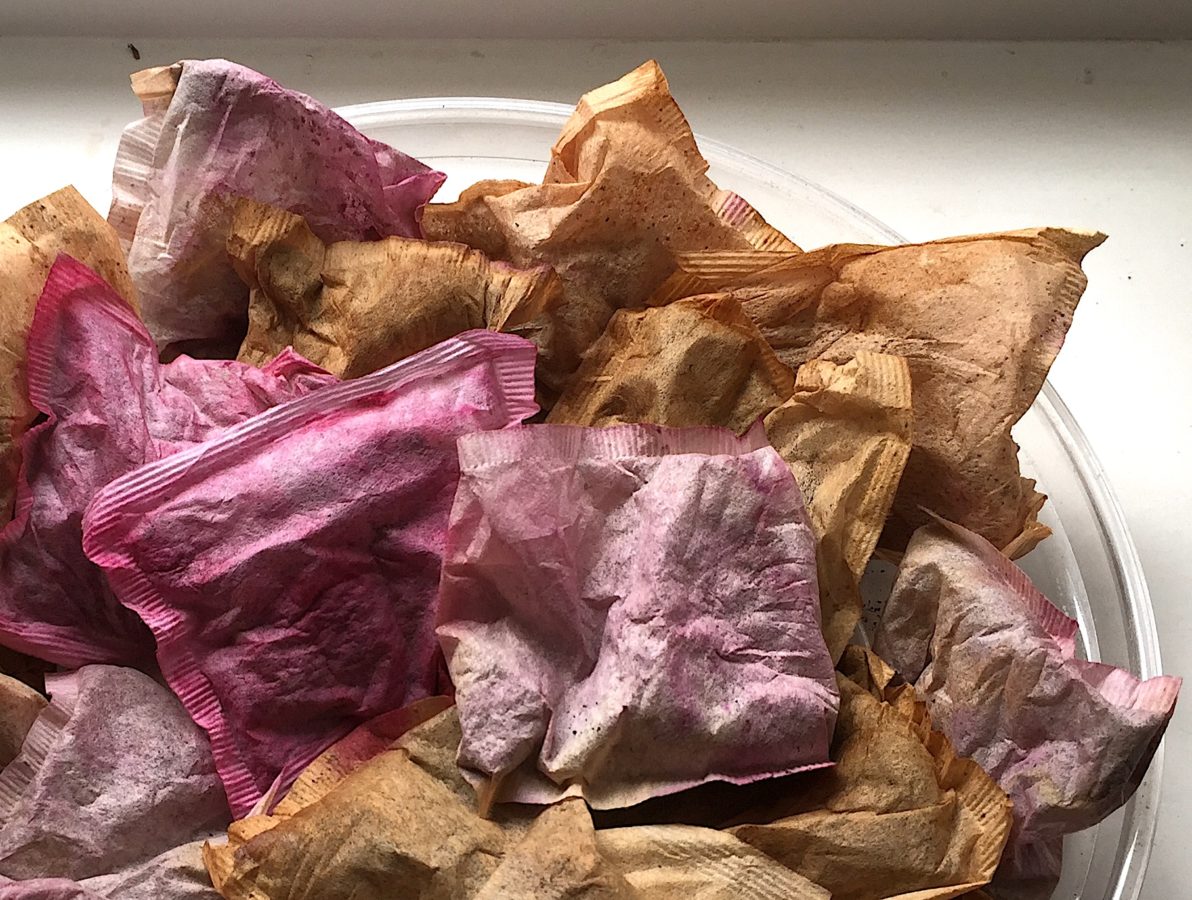
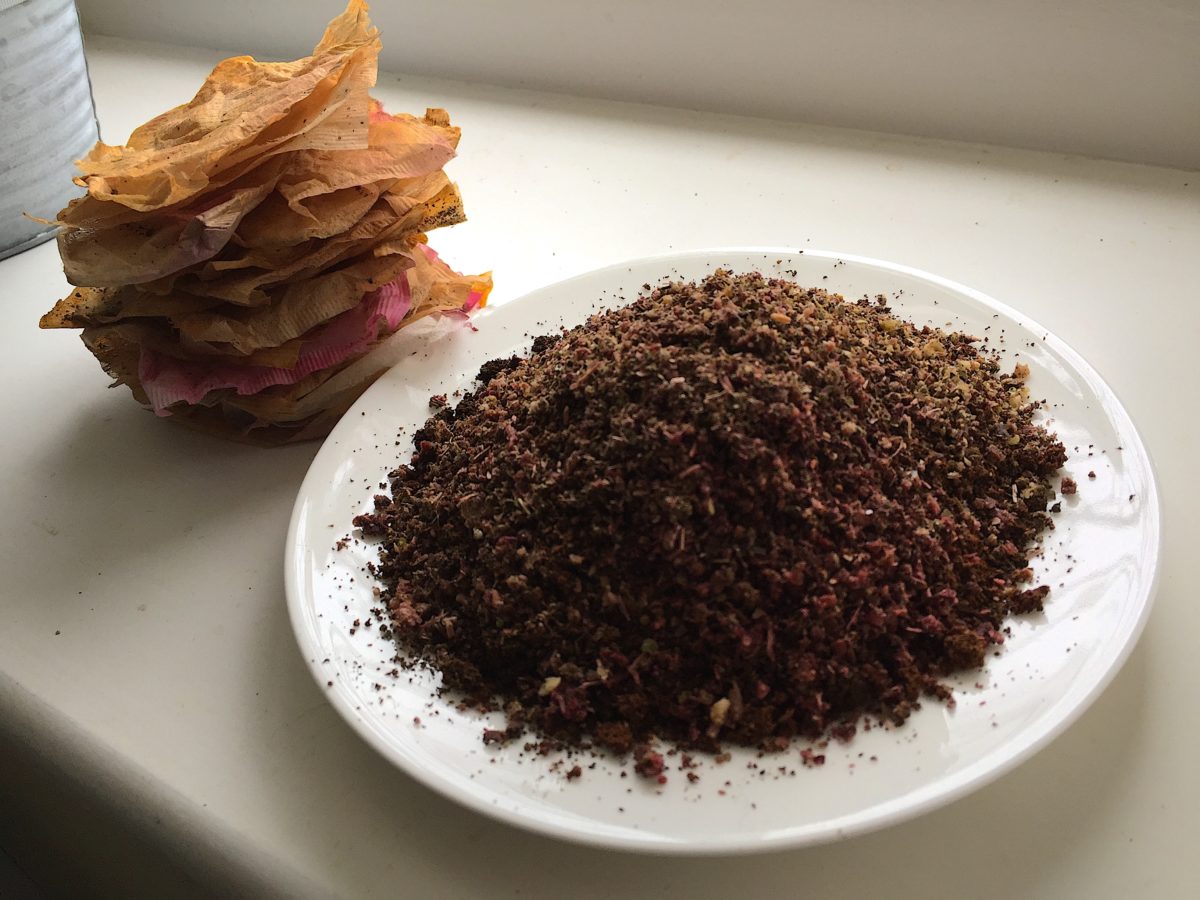
Once dried on a window-sill the tea bags can easily be torn open, the contents sprinkled out ready for the compost bin, and the bags discarded.
Very therapeutic.
BACKGROUND INFO AND LINKS
Here are a couple of articles on the subject:
https://www.theguardian.com/environment/2019/jun/17/recycling-plastic-wrong-guide
https://www.theguardian.com/environment/2019/nov/27/how-to-shrink-plastic-footprint-recycling
Wealden District Council recycling website: Here’s a link: What goes in each bin
And here’s a link to the Warbleton Parish Magazine online version, where you can find Judith Hemsley’s ‘Wise Words’ article:
https://www.warbletonchurch.org.uk/wp-content/uploads/2017/ParishMagazineLatestWebVersion.pdf
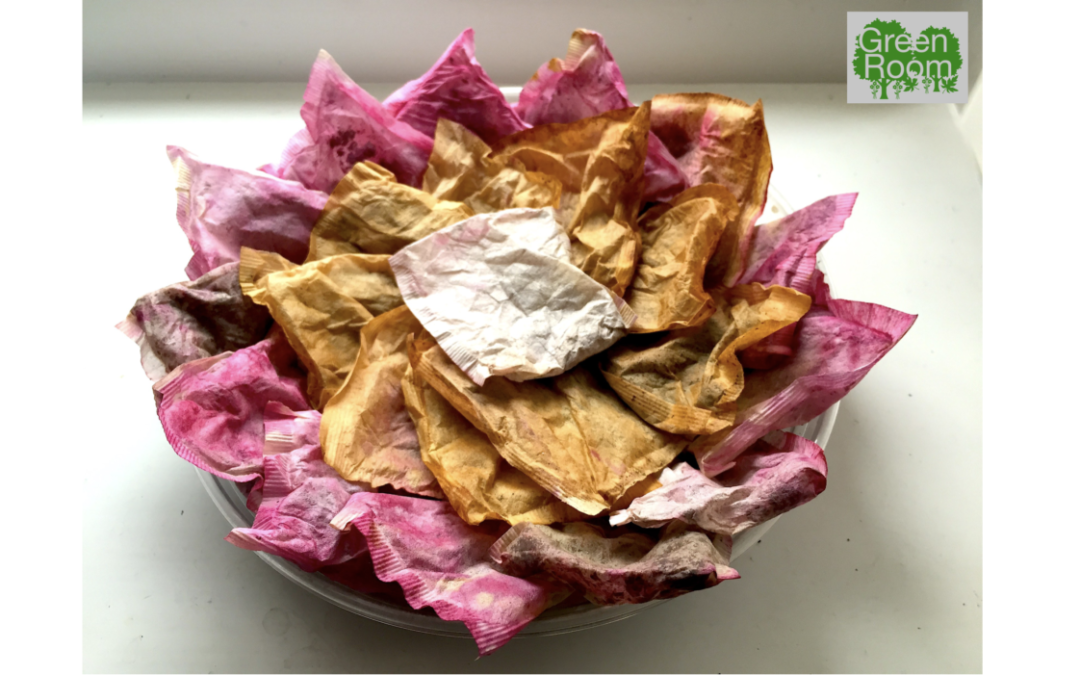
Recent Comments